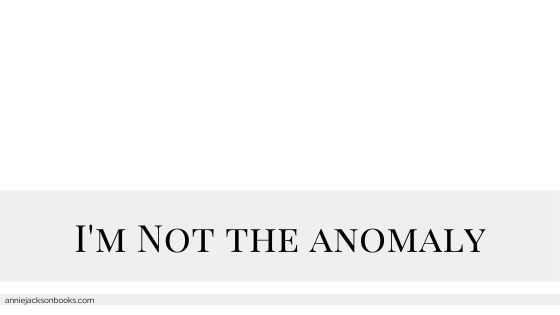There were a couple of articles I found recently about adults reading young adult novels. First of all, I am gratified that I am not the only one. They don’t really touch on my frustration of distinguishing good young adult fiction and middle grade fiction. But they do explore the things that make young adult fiction interesting; which is a refreshing change of pace.
“A lot of adult literature is all art and no heart,” Foreman, who is currently working on a book about British involvement in the American Civil War, said. “But good Y.A. is like good television. There’s a freshness there; it’s engaging. Y.A. authors aren’t writing about middle-aged anomie or disappointed people.”
NY Times – full article here
According to surveys by the Codex Group, a consultant to the publishing industry, 47 percent of 18- to 24-year-old women and 24 percent of same-aged men say most of the books they buy are classified as young adult. The percentage of female Y.A. fans between the ages of 25 and 44 has nearly doubled in the past four years. Today, nearly one in five 35- to 44-year-olds say they most frequently buy Y.A. books. For themselves.
But I was also intrigued that Lev Grossman, book critic for Time, and Laura Miller, the book critic for Salon, along with several top agents and editors, were also members. What, I wondered, were such high-powered literary eminences doing in a club devoted to children’s stories?
Arguing, often passionately, about the books, for one thing. “We take these books seriously,” said Grossman, whose latest novel, “The Magicians,” has been described as an R-rated Harry Potter. His group recently devoted two sessions — “among the most contentious and shouty we’ve had” — to “The Hunger Games.” Is Katniss a feminist hero? Is she a tool of the state? Is this a conventional romance or a subversion of the genre? “Everybody had an opinion,” Grossman added.
And none of it feels like homework. The themes are serious and the discussions intense, but the books are fast-paced and fun. “A lot of contemporary adult literature is characterized by a real distrust of plot,” Grossman said. “I think young adult fiction is one of the few areas of literature right now where storytelling really thrives.”
Y.A. may also pierce the jadedness and cynicism of our adult selves.
“There’s an immediacy in the prose,” said Darcey Steinke, a novelist who says she reads about one Y.A. book a month. “I like the way adolescent emotions are rawer, less canned.”
Caitlin Macy, the author of the story collection “Spoiled” and another Kidlit member, pointed out that the early teens are “a moment in time when you feel that each decision you make — like who you sit next to at lunch — is actually going to have repercussions for the rest of your life.” As Steinke puts it: “There’s a timelessness to the period. These books are far from you, yet are also the same as you.”
“YA authors are able to take themselves less seriously. They’re able to have a little more fun, and they’re less confined by this idea of themselves as Very Important Artists. That paradoxically leads them to create far better work than people who are trying to win awards.”
LA Times – full article here
According to Skurnick, who also reviews adult fiction for publications including The Times, YA books are “more vibrant” than many adult titles, “with better plots, better characterizations, a more complete creation of a world.”
“As a YA author, I get tired of being asked, ‘When are you going to write a real book?’ ” she said. “As if a YA book is not a real book.”
